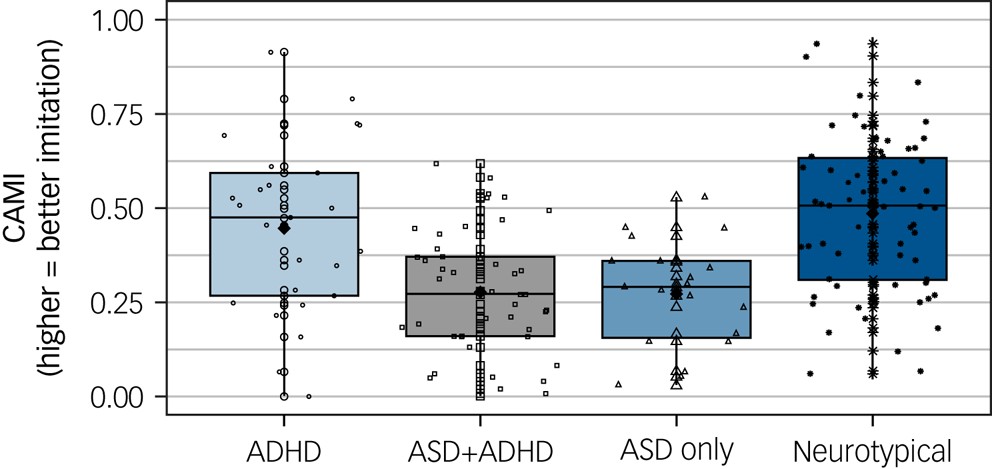
A groundbreaking one-minute video game could transform how autism spectrum disorder (ASD) is diagnosed in children. Researchers have developed a simple yet powerful tool that can distinguish children with autism from neurotypical children and those with ADHD by analyzing how they copy dance moves.
The Computerized Assessment of Motor Imitation (CAMI) system, developed by scientists at Kennedy Krieger Institute and Nottingham Trent University, uses Xbox Kinect cameras to record children as they mirror the movements of an on-screen avatar. The tool achieved 80% accuracy in identifying children with autism compared to neurotypical children, and 70% accuracy in differentiating autism from ADHD.
"What really makes CAMI exciting is its simplicity," explains Dr. Bahar Tunçgenç from Nottingham Trent University. "Video games are already so popular. It's fun for kids and delivers fast results that are easy to interpret for clinicians."
The research team tested CAMI on 183 children aged 7-13, divided into four groups: those with ADHD only, those with both ASD and ADHD, those with ASD only, and neurotypical children. During two one-minute trials, participants copied dance-like movements while cameras tracked their performance.
The system's effectiveness stems from its focus on motor imitation - a key challenge for children with autism that affects both physical coordination and social development. Unlike traditional diagnostic methods that can be expensive and time-consuming, CAMI offers a quick, affordable alternative that children actually enjoy.
Dr. Stewart Mostofsky from Kennedy Krieger Institute notes, "By identifying autism as precisely as possible, we can connect children to interventions that improve their quality of life and long-term outcomes."
The researchers plan to adapt CAMI for younger children and those with more severe developmental challenges. This innovation could make early autism diagnosis more accessible worldwide, leading to faster intervention and better support for affected children and their families.
The findings appear in The British Journal of Psychiatry, marking a promising step forward in autism diagnosis.